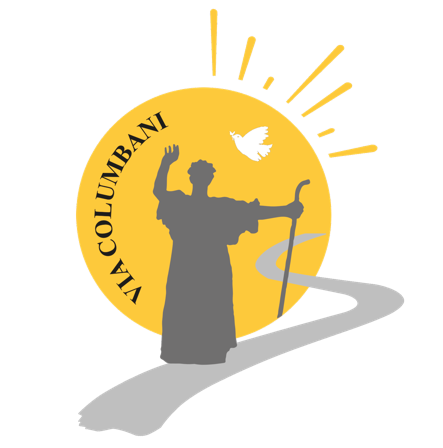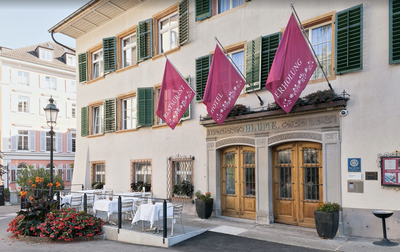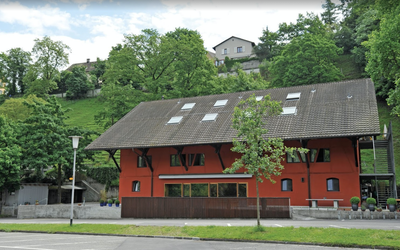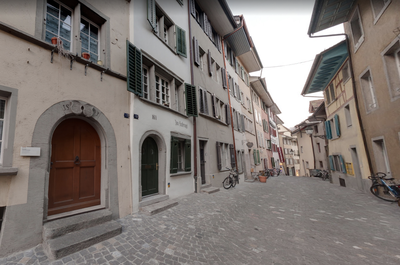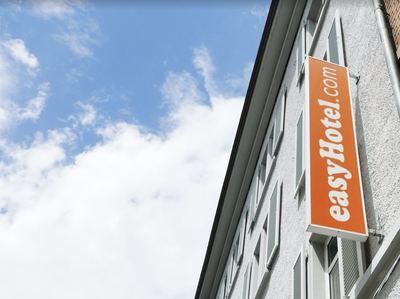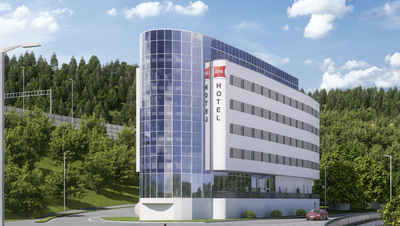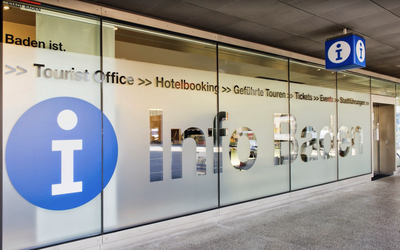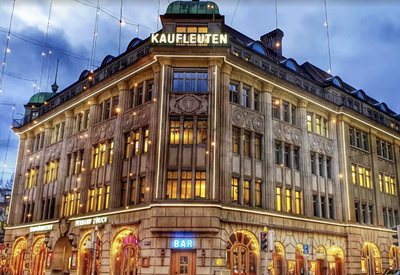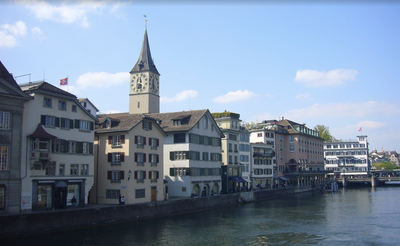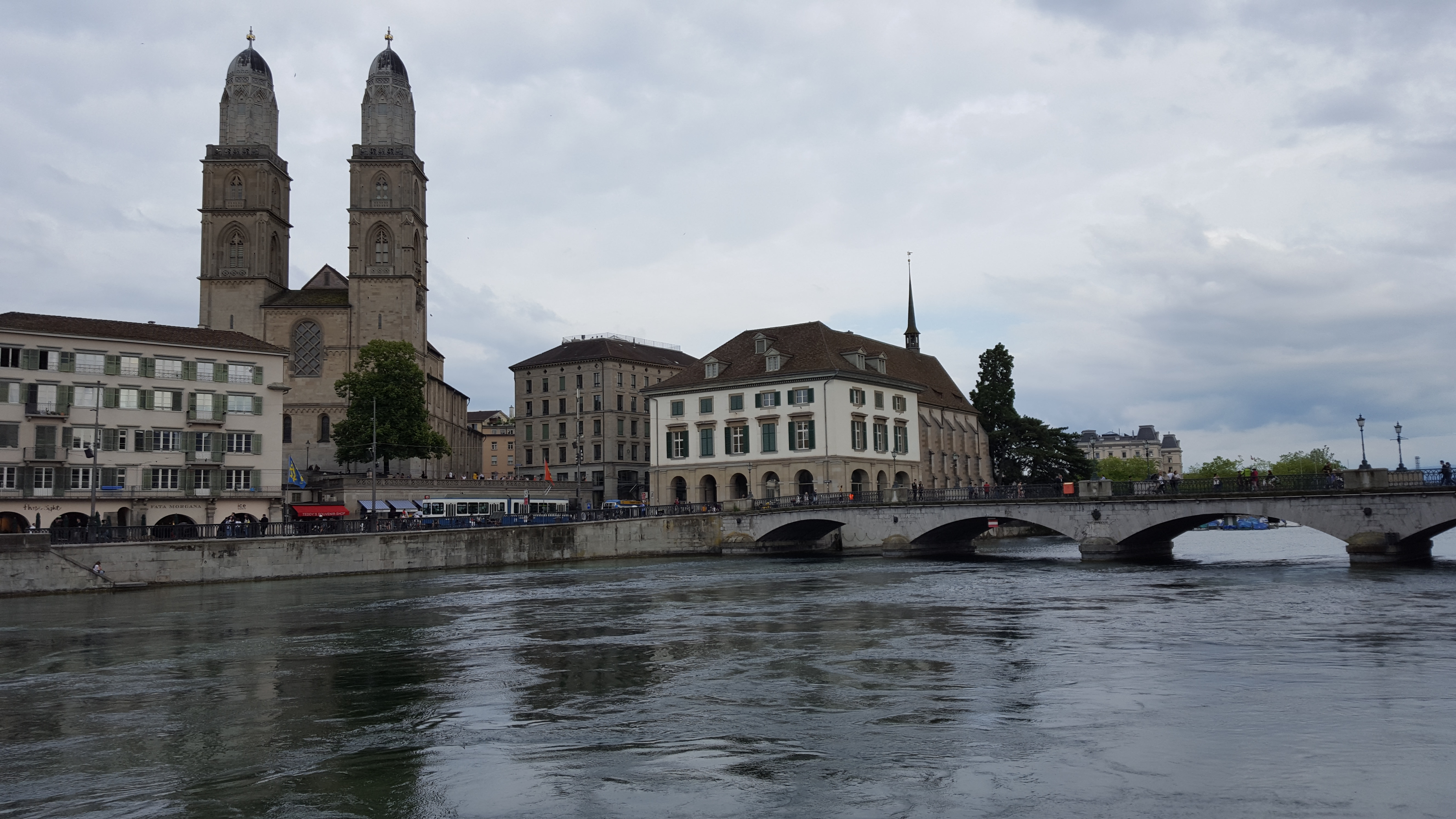
5. Baden to Zurich
7 points of interest
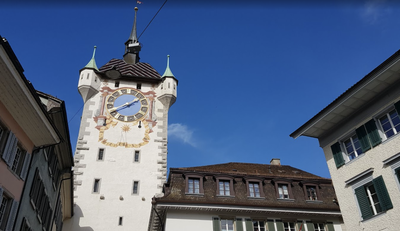
Stadtturm HistoricalCity Tower
This tower was built in the middle of the 15th century and served as the gateway to the city to the north. Apart from the bailiff's castle, it is the only fully preserved part of the medieval town's fortifications. The 56.45 metre high tower is a landmark of the town.
Find out more about it.
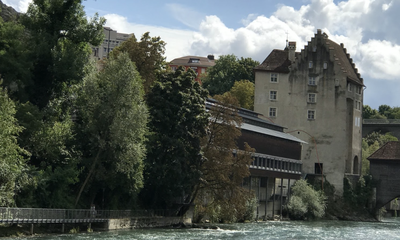
Musée d'histoire HistoricalHistory Museum
The Baden History Museum tells the story of this historically important town from its Roman origins through the Middle Ages to recent times.
Find out more.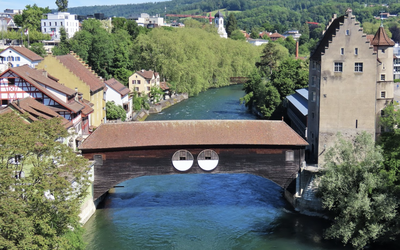
Pont couvert HistoricalCovered wooden bridge
Baden has been an important crossroads of routes since Roman times with a main route from Augusta Raurica (Augst) to Vindonissa (Windisch) via Vitudurum (Winterthur) and Brigantium (Bregenz) and another route that branches off towards Turicum (Zurich) and further to the Alpine passes. In Roman times, for example, there was already a bridge over the Limmat near the terms of Aquae Helveticae. The first mention of a bridge at this location dates from 1242. This first structure probably replaced one dating from the 11th century. Over the centuries, the bridge has been destroyed at least four times by floods, ice or war.
Read more about the bridge.
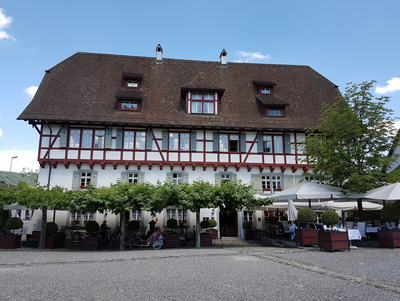
Gasthof Sternen - Amis St Colomban TouristSternen Inn
The oldest hostel in Switzerland.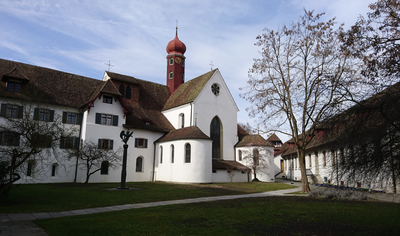
Abbaye Wettingen - Amis St Colomban HistoricalWettingen Abbey
A former Cistercian monastery, Wettingen Monastery is of great cultural and historical importance. Since the monks were forced to leave the monastery when it was dissolved in 1841, Wettingen-Mehrerau Abbey has been directly subordinate to the Holy See in Rome. In the monastery's Gothic church, don't miss the magnificent choir stalls and the cloister with the Child Jesus of Wettingen.
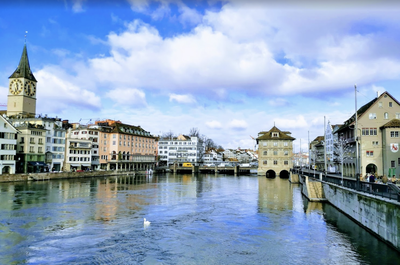
Zurich HistoricalZurich
With 400,000 inhabitants, Zurich is by far the largest city in Switzerland. It was originally a Roman base called Turicum with a customs house and a castrum. Today, Zurich, the city of the reformer Huldrych Zwingli, has become the economic metropolis of Switzerland. With the largest railway station and the largest airport in Switzerland, the city of Zurich is a hub for continental traffic. Its banks and insurance companies make it Switzerland's leading international financial centre. The city is also home to the Swiss Federal Institute of Technology and the University, the two largest universities in Switzerland. But with its lakeside location, Zurich is also a tourist centre with its well-preserved old town and cultural offerings.
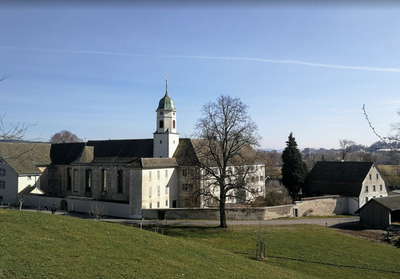
Abbaye de Fahr CulturalFahr Monastery
Founded in 1130, the Abbey of Fahr is a Benedictine nun's abbey which, together with the Benedictine monks' abbey of Ensiedeln, forms a double monastery under the authority of the same abbot. It is the last double monastery in the world of Christianity with 25 nuns in Fahr and 60 monks in Einsiedeln.
Description
To the north-east of the Place de l'Église, take the stairs to Obere Halde and turn right into this street which goes down along the houses and ramparts. At its end, join the Limmat on the left by Im Graben and the Von Rechenberg Weg which passes under a high road bridge:
- On the left bank of the Limmat, the Wanderweg leaves aside a dam with a bicycle/pedestrian crossing and a railway bridge, goes up and down a little on this side of the valley. The path constrained by the loops of the river is not straight.
- On the next footbridge, cross the Limmat, follow the river loop at the foot of Wettingen Abbey to the covered bridge that leads back to the other bank. After a dam, the river widens and passes under the high-traffic and noisy A1/A3 motorway.
- After the bridge under the motorway, turn right immediately to reach a footbridge that borders the motorway and crosses the Limmat. Join the right bank which will be followed to Zurich. The "Limmatuferweg" trail moves away from the motorway and finds a little calm on the edge of cultivated fields until it crosses it again at Würenlos.
- Pass under the motorway again and find the silence of the countryside until you reach the Benedictine Abbey of Fahr in its green setting. Shortly after, two cities followed one another, Oetwil an der Limmat and Geroldswil, whose dwellings went down to the water's edge and where the highway passed over their heads again.
- Beyond that, the "Klosterweg" trail is still in the unspoilt natural environment on this bank, unlike the other bank which shelters Dietikon and a continuity of cities as far as Zurich.
- The track returns to the motorway one last time when it still enters the waterfront in the suburban cities and the conurbation of Zurich, the largest city in Switzerland.
- At the Marriot Hotel, take the footbridge on the right to reach the park on the other side. Follow this bank past the station to the fourth bridge (Münsterbrücke) next to the Fraumünster which leads to the cathedral clearly visible on the other bank.
- Departure : Church St Mary, Kirchplatz 8, 5400 Baden
- Arrival : Cathedral, Grossmünsterplatz, 8001 Zürich
- Towns crossed : Aargau and Zürich
Altimetric profile
Report a problem or an error
If you have found an error on this page or if you have noticed any problems during your hike, please report them to us here:
Close by9
- Information
